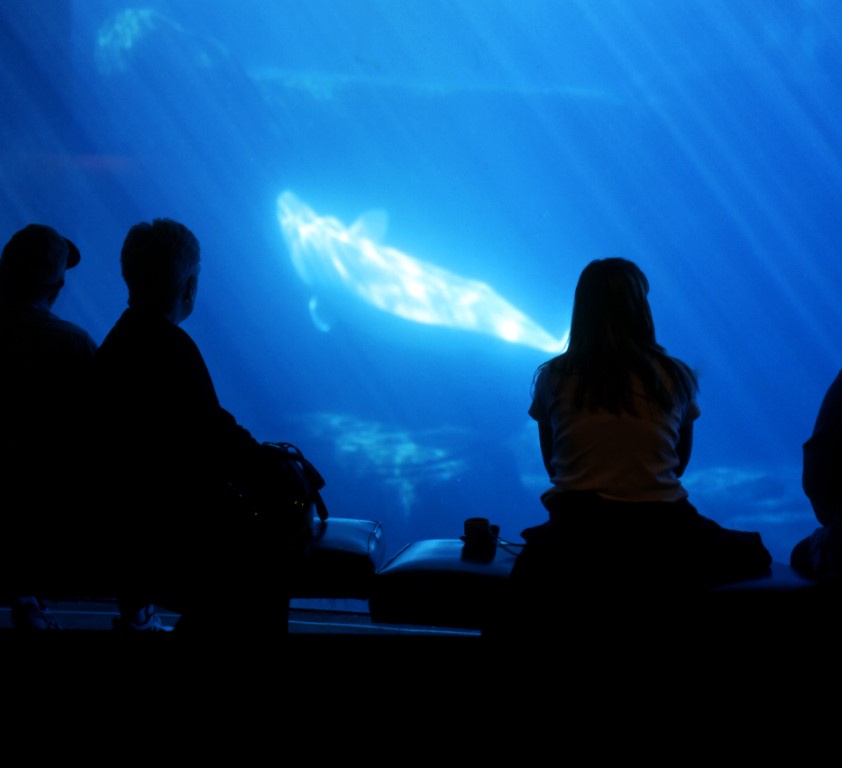
By Jessica Berget, Editor-in-Chief
As a result of coronavirus and quarantine, many businesses and institutions are quickly becoming insolvent or bankrupt. On April 16, the latest casualty of this city-wide shutdown was reported—the Vancouver Aquarium.
“Good” and “finally!” are among some of the comments I see on social media regarding this fact, and it was a stance I had also adopted. I love animals and don’t believe they belong in captivity enclosures such as zoos or aquariums. I also know the aquarium has been shaky in terms breeding and keeping animals in captivity in the past, so the news of it closing was one I initially welcomed.
The Vancouver Aquarium has been nowhere near perfect. In the past they have come under scrutiny because of the number of animals that have had died in their facilities. In 2017, there was Chester, a rescued false killer whale who died of an unreported cause according to the CBC. In June 2016, Daisy, a harbour porpoise had died; in November, two beluga whales—Aurora and her calf Qila—died nine days apart from each other. It was reported an unknown toxin was the cause of the beluga’s deaths. These mysterious circumstances spurred the creation of an cetacean captivity and breeding ban in Vancouver in 2017. Which leaves one rescued female dolphin, Helen, as the only cetacean left in the aquarium.
While I can see how the closing of the aquarium is viewed as a positive thing, my biggest concern is that most of the animals in their facilities have been rescues. Many animals would have died without the aquarium. They have a program, Marine Mammal Rescue, that saves and releases over 150 marine mammals per year. Also, if the aquarium shuts down, where will the 70,000 animals go? Because many of them are saved or born in captivity, they can’t just go straight back to the ocean—they would likely die since they’re not used to that surrounding. In fact, according to a veterinarian in a Global News article, animals that have been bred in captivity need human contact. Just like Helen, the dolphin mentioned previously—she can’t go back in the ocean as her pectoral fins were mangled in a fishing net when she was rescued, so they might be sending her to SeaWorld in Texas. Furthermore, how do we know the place they will be moved to is better than the current aquarium? Like the case of Helen, they may be going somewhere arguably worse than the aquarium.
I certainly don’t condone some of the past actions of the Vancouver Aquarium, but I do think it’s also important to note that the main goal of the aquarium has always been educating the public about animals and rehabilitating many creatures. I have been going to the aquarium since I was a baby beluga, and my love and respect for animals most likely stem from my frequent trips there. The Vancouver Aquarium might not be perfect, but the aquarium has saved many creatures and also served as a source for teaching the population about all kinds of animals. The institution should be protected. I will be sad to see the Vancouver Aquarium go.


